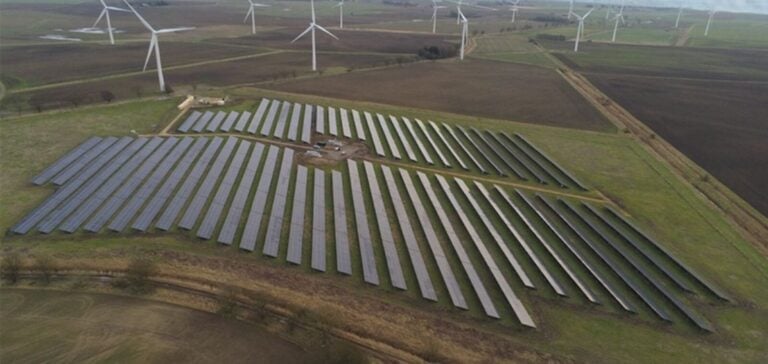The Co-op will use 100% of the electricity generated by the Coldham solar farm to power its UK facilities. The 15-year contract with ScottishPower Renewables includes not only food stores, but also distribution centers and Funeralcare homes.
Energy capacity and impact
The Coldham solar farm, developed by ScottishPower Renewables, has a capacity of 9MW. This volume of energy is sufficient to power around 55 Co-op food stores or the equivalent of 2,000 homes, marking a significant step forward in the use of renewable energy for large-scale commercial operations.
Advantages of PPAs
Charlie Jordan, CEO of ScottishPower Renewables, emphasizes the importance of long-term power purchase agreements. These agreements provide financial and operational stability, enabling companies to plan their energy transition with certainty, while supporting the development of new green energy production infrastructures.
Synergies and ecological benefits
The Coldham site benefits from operational synergies by being co-located with an existing wind farm, making efficient use of land and grid connections. The project also has a strong ecological aspect, with the planting of 7,500 native trees and various meadow plants, creating a habitat for local wildlife and increasing biodiversity.
This project is part of a series of initiatives by ScottishPower Renewables in the East Anglia region, including three offshore wind farms under development which will generate over 3.6 GW. These projects, together with the 100 MW green hydrogen project at the Port of Felixstowe, are playing a part in improving the UK’s energy security and stimulating the local economy by creating jobs and opportunities for the supply chain.






















